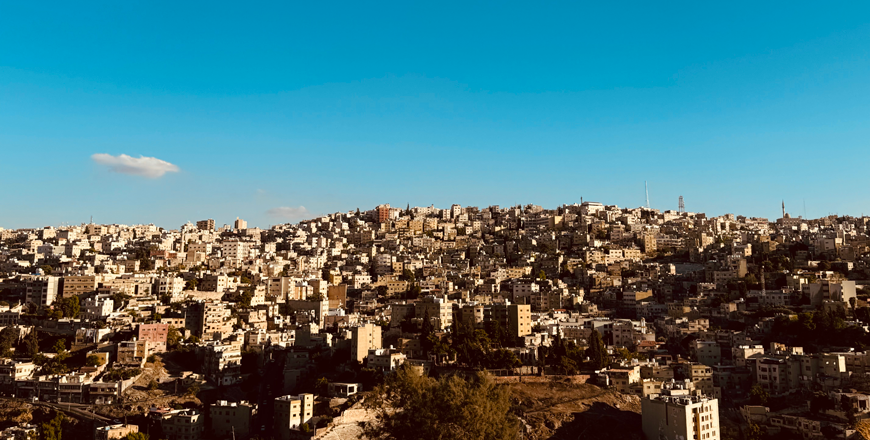You are here
Syrians grab 91% of jobs created by private sector — study
Oct 28,2014 - Last updated at Oct 28,2014
AMMAN – Results of a study conducted by the Economic and Social Council on the impact of Syrian refugees on the economic and social situation of Jordanian women revealed that the refugees’ continued influx into Jordan aggravated social conditions of citizens.
This is evident, especially in the governorates which host large numbers of refugees such as Mafraq, where the refugees’ impact extends to the different brackets of the host community, primarily women, the study pointed out.
The study also showed that the Syrian refugee influx impacted job opportunities in the private sector as Syrian workers highly compete with Jordanians in the non-official labour market.
Syrian refugees clinched more than 31,000 jobs, which constitute 91 per cent of job opportunities that Jordan is required to create annually, according to the study, which also showed that 79 per cent of women covered by the study in Mafraq believe that their share of jobs has been adversely impacted as a result of the Syrians’ competitiveness with them over jobs.
This competitiveness also affected Jordanian workers’ chances to get better work benefits, leading to an increasing feeling of instability at workplaces, the study indicated.
With regard to solutions, officials recommended increasing the size of economic and development projects that can help mitigate the problems of Jordanian women in the governorate.
Besides calling for specialised training programmes for Jordanian women, they called for imposing stricter penalties on business owners who violate the law through hiring illegal guest workers.
Since the outbreak of the Syrian crisis in 2011, Jordan has been providing humanitarian assistance and shelter to hundreds of thousands of Syrian refugees who have been arriving in the Kingdom in large numbers. More than 80 per cent of these refugees and the entire Syrian community, whose population stands now at around 1.5 million, live in towns and urban centres.
Related Articles
AMMAN — A Border Guards commander on Thursday said the Kingdom received 536,788 Syrian refugees since the beginning of the Syrian crisis, 91
AMMAN — MPs submitted a total of 516 questions to the government during the current Lower House’s third year, of which 91 per cent were answ
AMMAN — Local revenues for the first seven months of the year reached JD5.328 billion, marking an increase of JD58 million compared with the












